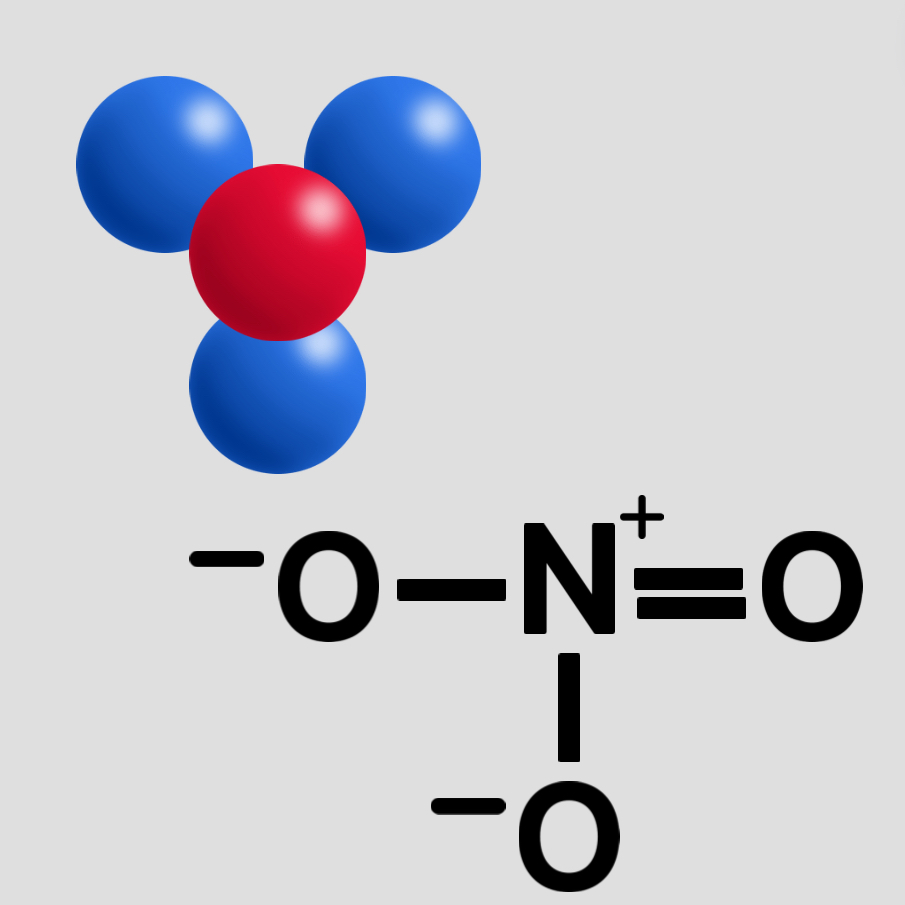Nebraska has been known as the “Cornhusker State” since 1945, when Legislature changed this to the official state name according to Nebraska Legislature. Corn is the main crop in the farming industry of Nebraska. Due to the extensive growing of corn, fertilizers are used to increase early crop growth and plant height according to Bayer Crop Science (BCS).
These fertilizers commonly contain some form of nitrogen. They may contain nitrate (nitrogen and oxygen), ammonia (nitrogen and hydrogen), or urea (nitrogen, carbon, hydrogen, and oxygen) according to Purdue Extension Agronomy Guide. Nitrate is the main form of nitrogen taken up by corn. Every bushel of corn requires a pound of nitrogen.
Since the mid 1920s, people have doubled the rate in which nitrogen enters the soil, largely through the production and use of nitrogen fertilizers according to an article in the National Library of Medicine (NLM).
Once fertilizers are spread on crop fields, the excess nutrients that don’t get used by the plant, roughly one third, convert to nitrate, and seep into our groundwater or rivers according to Colorado State University.
 Low, unharmful levels of nitrate can enter drinking water through natural processes such as rain or irrigation according to Washington and Minnesota State Departments of Health. Drinking water becomes dangerous when it contains nitrate higher than the Environmental Protection Agency’s drinking water standard of ten parts per million.
Low, unharmful levels of nitrate can enter drinking water through natural processes such as rain or irrigation according to Washington and Minnesota State Departments of Health. Drinking water becomes dangerous when it contains nitrate higher than the Environmental Protection Agency’s drinking water standard of ten parts per million.
Nitrate is odorless, colorless, and flavorless. High levels of nitrate have been correlated to methemoglobinemia (inadequate amount of oxygen in the blood) in infants and pediatric cancer according to Flatwater Free Press and the National Library of Medicine.
According to Jesse Bell, the current Claire M. Hubbard Professor of Water, Climate, and Health Program at University of Nebraska Medical Center, “Nitrate has also been associated with other adverse health outcomes, including cancers, birth defects, and thyroid disease.”
Nitrate is not only harmful to human health, but it is also costly for communities to treat. In Nebraska, 20 percent of the population uses privately owned wells as their main source for drinking water according to Water for Food.
The Nebraska Rural Poll of 2022 showed that less than one third of those survey had tested their well water for nitrate. Of those who responded, high income household were twice as likely than lower income households to have tested their well water according to Water for Food.
Municipal water systems are tested regularly and held to the Safe Drinking Water Act Standards, so they maintain safe levels of nitrate. On the other hand, private wells must be maintained by the owners of the well. These wells should be tested on a yearly basis. If the nitrate levels become concerning, owners can install a filtration system according to Jesse Bell.
At Omaha North High School, the water contains less then 1.65 parts per million of nitrate, meaning the water has very little chance of being harmful.
Lincoln and Omaha, Nebraska have generally low nitrate levels but smaller surrounding areas, such as Kearney, have shown levels above the ten parts per million limit according to Flatwater Free Press.
Since 1978, the average nitrate level in Nebraska’s groundwater has doubled. Nebraska also has the highest rate of pediatric cancer in the Midwest according to Nebraska Public Media and Flatwater Free Press.
In 2024, 9,620 children in the United States are predicted to be diagnosed with cancer according to the American Cancer Society
In order to address these problems for the future, Jesse Bell says, “… [it] will require addressing the source of the nitrate issue.”



